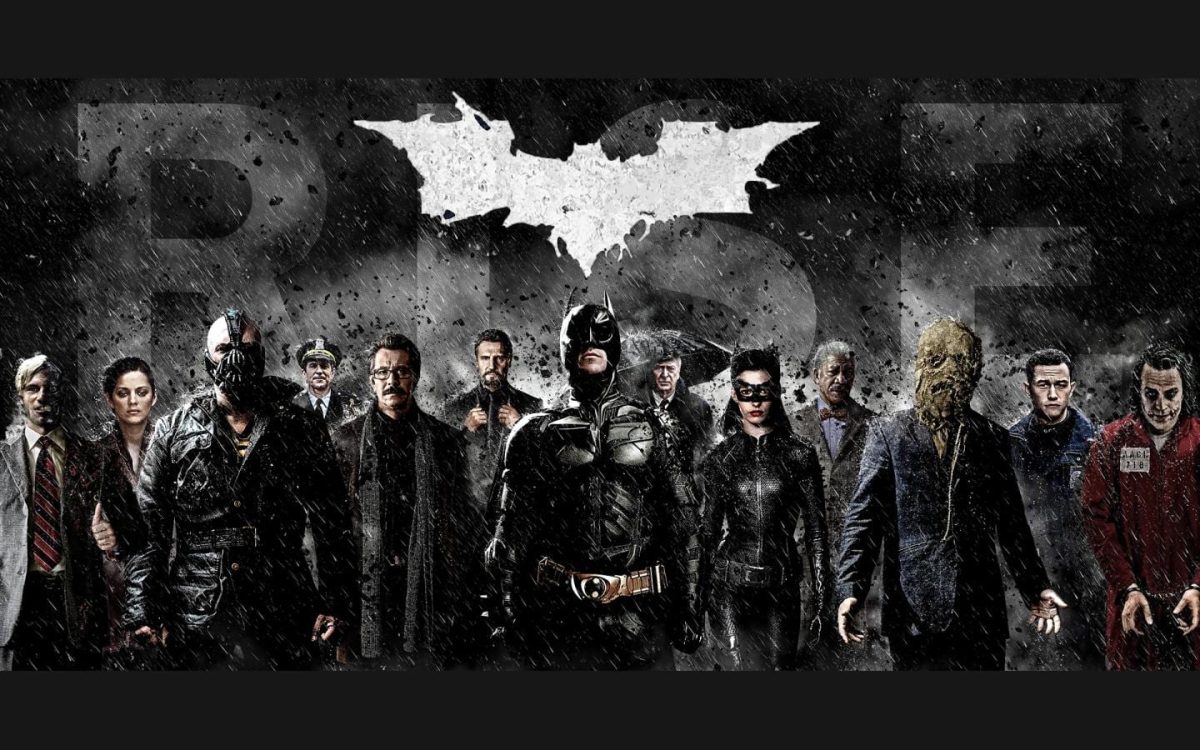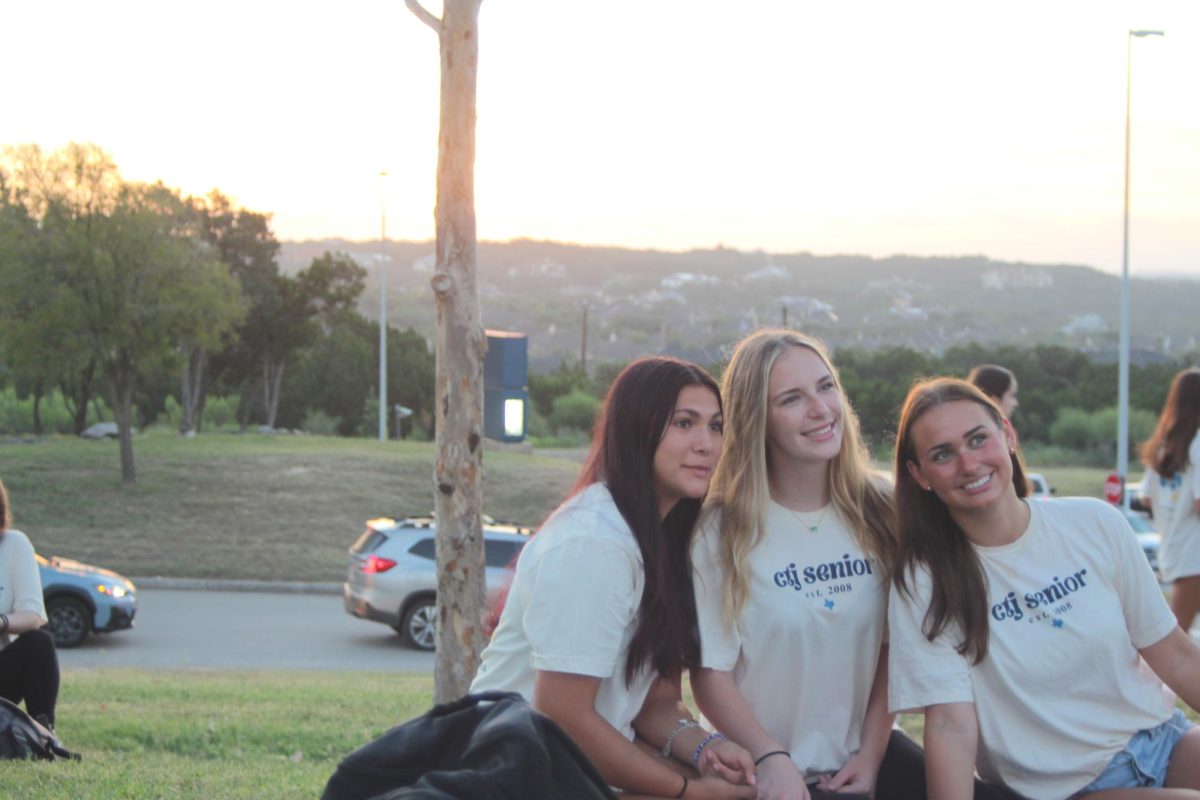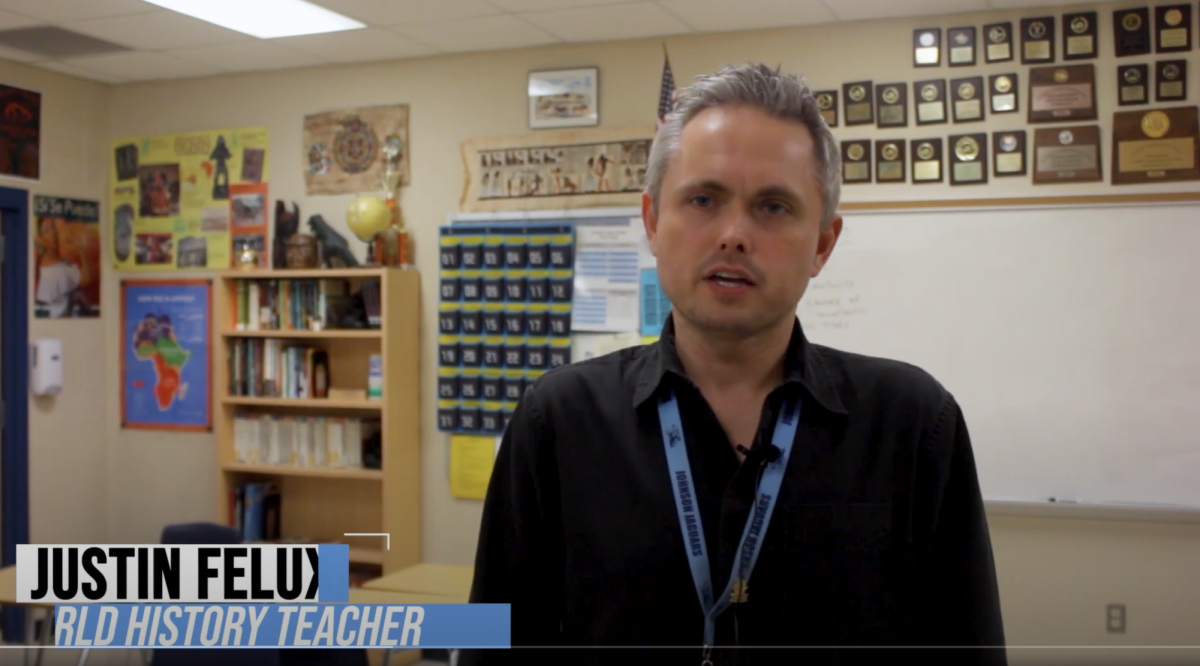by David Kent | staff writer
Almost every time a new superhero movie comes to theaters, it is immediately compared to the magnitude that is Christopher Nolan’s Dark Knight trilogy. Whether it is a comparison of the story, the box office gross, or even the acting, the majority of superhero movies are put up against this titan of the most defining movies of the superhero genre.
It can be argued, of course, that Iron Man was the defining movie which helped bring superhero movies to light, and that may be right. Iron Man led to the creation of the Marvel Cinematic Universe, which has become a blockbuster ‘giant’ of the superhero world. However, Iron Man did not lead to the creation of the once thought impossible Superhero genre. It was all thanks to Nolan’s Dark Knight Trilogy.
The Dark Knight Trilogy is not a trilogy of superhero movies. Yes, they do have Batman, who is an iconic superhero of the comic book genre and the Joker who is an iconic supervillain of the comic book genre. However, Batman Begins, The Dark Knight, and The Dark Knight Rises, all are framed as crime movies, the Dark Knight specifically out of the all of the movies in the trilogy, being inspired by the movie Heat, according to Nolan. With this more crime-centered theme to the Nolan movies, it creates a much more realistic and down-to-earth perspective to the Batman movies, a more grim and dark theme compared to previous superhero movies. There are no aliens, there are no CGI explosions, there are no over-the-top action set pieces. In place of these computer generated effects, practical effects exist which help to ground the movies directed by Nolan in the real-world making them have an air of reality about them.
Unlike the widely-popular Marvel movies, Nolan prioritizes storytelling and complex characters over overly dramatic action scenes and setpieces. Take, for example, the Dark Knight which was the most widely known and praised movie of the Nolan Batman trilogy. One of the many reasons it was so popular was because of Heath Ledger’s portrayal as the Joker, the classic comic-book antagonist to Batman. Nolan created a character who challenged Batman on a philosophical and moral level, challenging his morals and his one rule to not kill anybody. The one thing Batman has over the Joker is his strength which he cannot even use without killing Ledger’s Joker. “You have nothing, nothing to threaten me with! Nothing to do with all your strength!” (Link) The Joker eventually even turns district attorney Harvey Dent, the “White Knight” of Gotham City, who is played by Aaron Eckhart, into a physical manifestation of the “chaos” and “madness” that is the Joker’s philosophy. He brings down the once shining light of Dent into a corrupted dimness, bringing him down to the level of Batman and the Joker. Batman himself inadvertently led to the corruption of Dent, all culminating in the creation of his supervillain identity of Two-face, or as he is referenced once to in the film, Harvey ‘Two-face;’ “It’s not about what I want, it’s about what’s fair! You thought we could be decent men in an indecent time. But you you were wrong. The world is cruel, and the only morality in a cruel world is chance. Unbiased, unprejudiced, fair.” Dent becomes a vigilante in a sense, harkening to what the Batman and the Joker are in theory. He takes the idea of justice into his own hands all by the flip of a coin, something that is fair and without bias.
In a sense, the Joker wins in the Dark Knight. He says it early on in the interrogation scene between him and Batman, “the only sensible way to live in this world is without rules. And tonight, you’re gonna break your one rule.” And then later in the film, specifically near the film’s conclusion, Batman is forced to kill somebody. He is forced to choose “between one life or the other,” something which he had done earlier in the film, all because of the interrogation scene between the morally ambiguous protagonist and the chaos-driven antagonist.
Nolan keeps to this idea of order, madness, and corruption throughout all of the movies in the same order. Batman Begins being a theme of order through chaos, the Dark Knight being a theme of chaos and madness, and the Dark Knight Rises a theme of rebirth and corruption. Through these continued and constant themes he keeps throughout the trilogy, the movies are all tied together and build off of each other to form a cohesive story. Despite the movies of the modern MCU being all tied together through the idea of a ‘shared universe,’ the Nolan Batman Trilogy is tied through the constant themes of order and justice prevailing through chaos. As Eckhart’s Harvey Dent puts it, “The night is darkest before the dawn. And I promise you, the dawn is coming.” The Nolan trilogy began in the dark, followed by the second which was on the verge of ‘midnight,’ with the third starting at midnight and leading into the new ‘dawn’ for the crime-ridden city of Gotham.
The Dark Knight trilogy started with the ‘birth’ of the Batman and ended with the ‘death’ of the Batman, making the movies all come full-circle and leaving the trilogy off at a hopeful ending with the danger of the unknown on the horizon. Nolan helped to show that superhero movies do not need to be focused on aliens and explosions and large action setpieces. He showed to us, the audience, that a superhero movie can be a moral debate between right and wrong and conflicting ideologies without any need for constant usage of CGI. A superhero movie doesn’t have to be a ‘superhero’ movie, it doesn’t have to be dramatically over-the-top, it can just be something simple with the ideas of human choice and moral ambiguity of the human mind.
The Dark Knight Trilogy will continue to remain as a staple to what the superhero genre can become and rise to be, and it will remain as a testament to what can happen with movies when they have the right directors.








